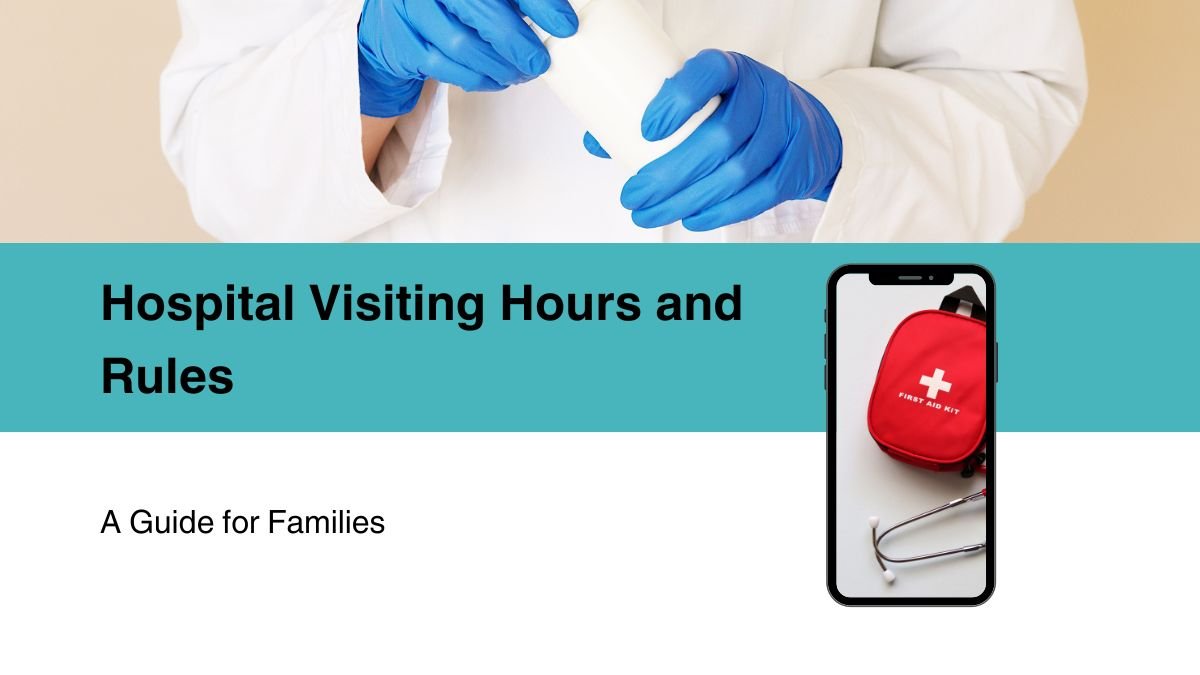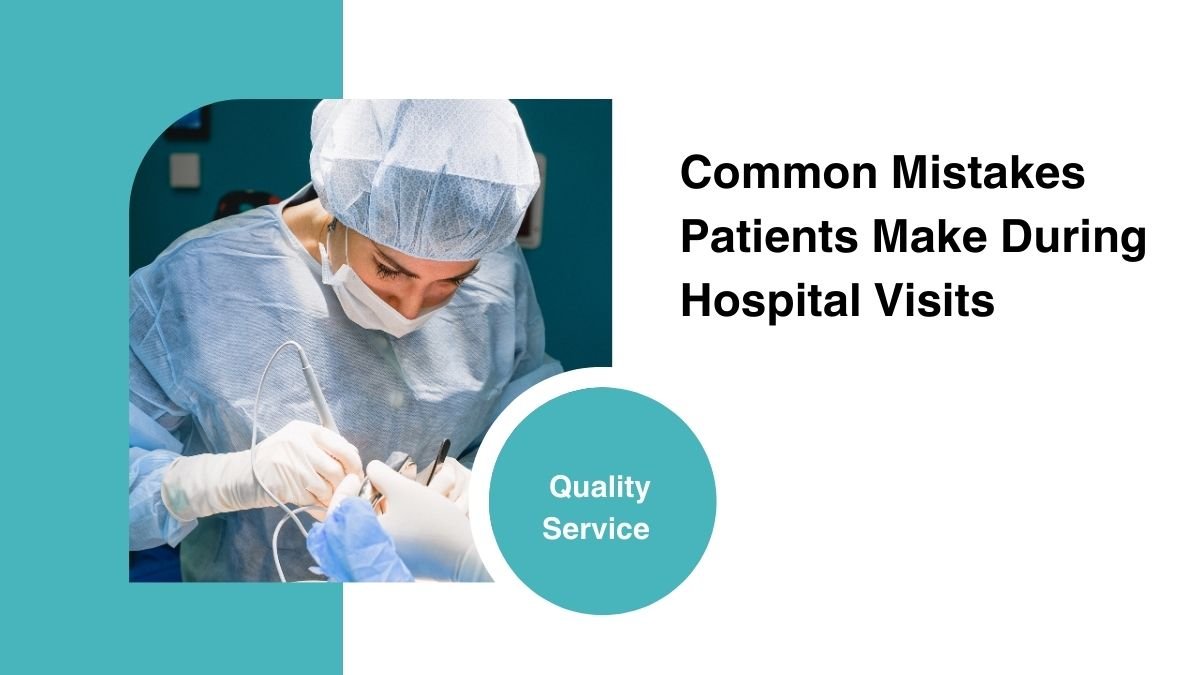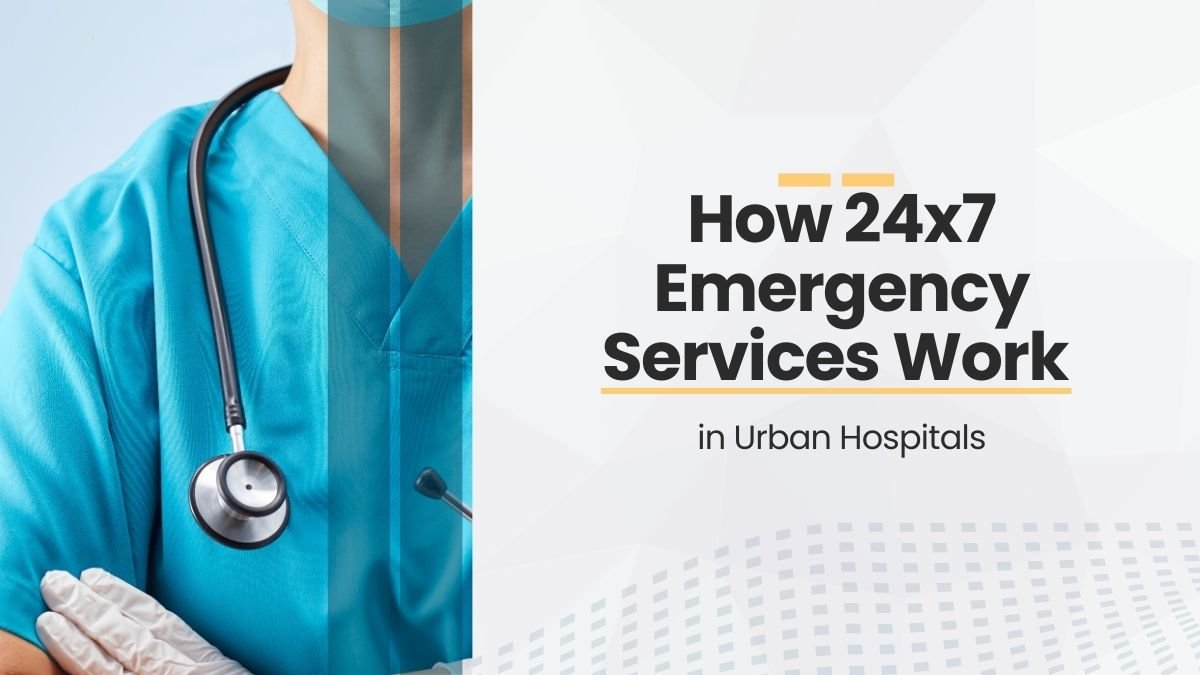A hospital, in the popular imagination, has come to mean admissions and long-term care. Outpatient services have become increasingly important in today’s medical system. Outpatient services mean that patients go to the hospital for treatment, tests, or minor procedures, but do not have to stay overnight. This is very convenient, especially for individuals who are not in a critical condition but need specialist care or tests.
Outpatient services allow you to visit the hospital’s OPD (Outpatient Department) section or specialty clinics. You have to make an appointment in advance, whereupon the doctor listens to your symptoms, runs some tests on you, and performs treatment, if needed, and if required, minor surgery. You complete this whole process in a single day and can go home.
Expectations during an outpatient visit
1. Booking an Appointment
Normally, if the case is not an emergency, you have to make an appointment in advance. This is very important if you want to see a specialist doctor. For instance, if you need advice from a heart specialist or an orthopedic specialist; the wait without an appointment can be time-consuming.
2. Going to the Hospital and Registration
Reach the appointment on time. Registration is required in the outpatient department, taking information regarding your personal details, insurance details, and your previous medical records. This is important for the hospital staff to keep a record of your treatment.
3. Consultation with the doctor
Once registered, you are called in for consultation. The doctor asks you about your symptoms and health issues and findings of previous treatments. For example, if you have presented for an eye problem, the doctor will check with you how long you have had blurred vision or whether your eyes are burning.
4. Diagnostic Tests
The doctor, based on your symptoms, may require some tests to be done. Tests may include lab tests (blood and urine tests), x-rays, CT scans, MRIs, or ECGs. All tests would be carried out very quickly and conveniently at the outpatient department.
5. Treatments or Procedures
In some cases, you would be given medications or minor surgical care. These procedures are usually done on an outpatient basis, such as mole removals, cataract surgery, and colonoscopies, and do not require an overnight stay in the hospital.
6. Waiting Period
If anesthesia was used for the procedure, you may be asked to stay for a while to ensure that its effect has worn off and you are safe.
7. Discharging Home
Finally, you can go home the same day. The doctor and nurse will explain what precaution you need to take at home, when and how to take the medicine, and when to come for a follow-up.
General Outpatient Services
Consultations:
- Visit to the doctor for general illness
- Specialist advice such as cardiology, orthopedics or eye specialist
Diagnostic Tests:
- Blood and urine tests
- X-rays, CT scans and MRIs
- EKG and other necessary tests
Minor Surgeries:
- Mole or lump removal
- Cataract surgery
- Colonoscopy or other minor procedures
Treatments:
- Chemotherapy
- Dialysis
- Physical therapy
Wellness Services:
- Counseling
- Health and wellness programs
Benefits of Outpatient Services
1. Cost Reduction
Outpatient costs are cheaper than inpatient ones. The main reason is not to require overnight stay in the hospital. No extra costs, such as hotel and food charges.
2. Comfort and Convenience
When the medical procedure is over, you can go back to your home for some rest. And home is a great environment for the patient, both mentally and physically. For instance, if an operation has been carried out on a child, the child’s fast recovery at home will depend on the love and care of family.
3. Reduced Infection Risk
The risk of infection rises with long hospital stays. In outpatient services, patients can return home at once, minimizing the risk of acquiring hospital infections.
4. Specialist Care
There are many outpatient centres that specialize in a particular treatment or procedure. For instance, there are outpatient clinics for cancer or heart disease with costs that serve patients with specialist doctors and facilities.
Extra Information About Outpatient Services
Need for Follow-Up:
Sometimes doctors call for their patients at home to take medicine and for follow-up checkups. This is to ensure that the patient indeed gets back into good health and does not develop any complications.
Safety Consideration:
Upon returning home, patients should make sure to get proper rest, take medication on time, and follow the doctor’s advice as it indeed elevates the overall outcome of treatment.
Time Management:
Since one does not need to stay overnight, one can fit in his duties or family duties as well.
Conclusion
Today, outpatient services have become very vital. They not only give comfort to the patient but also facilitate low-cost treatment and reduce the chances for infection. It could be a common disease, minor surgery, or a diagnosis; whatever requires outpatient services will let the patient go home and recover safely and comfortably.
If you consider the utilization of such services, always book an appointment in advance, abide by hospital rules, and heed your doctor’s instructions. This way, you clear the road to an easy, safe, and effective treatment.








